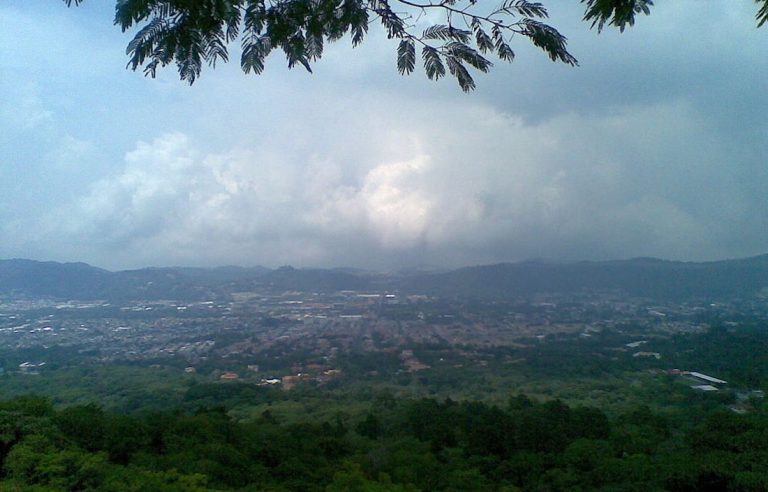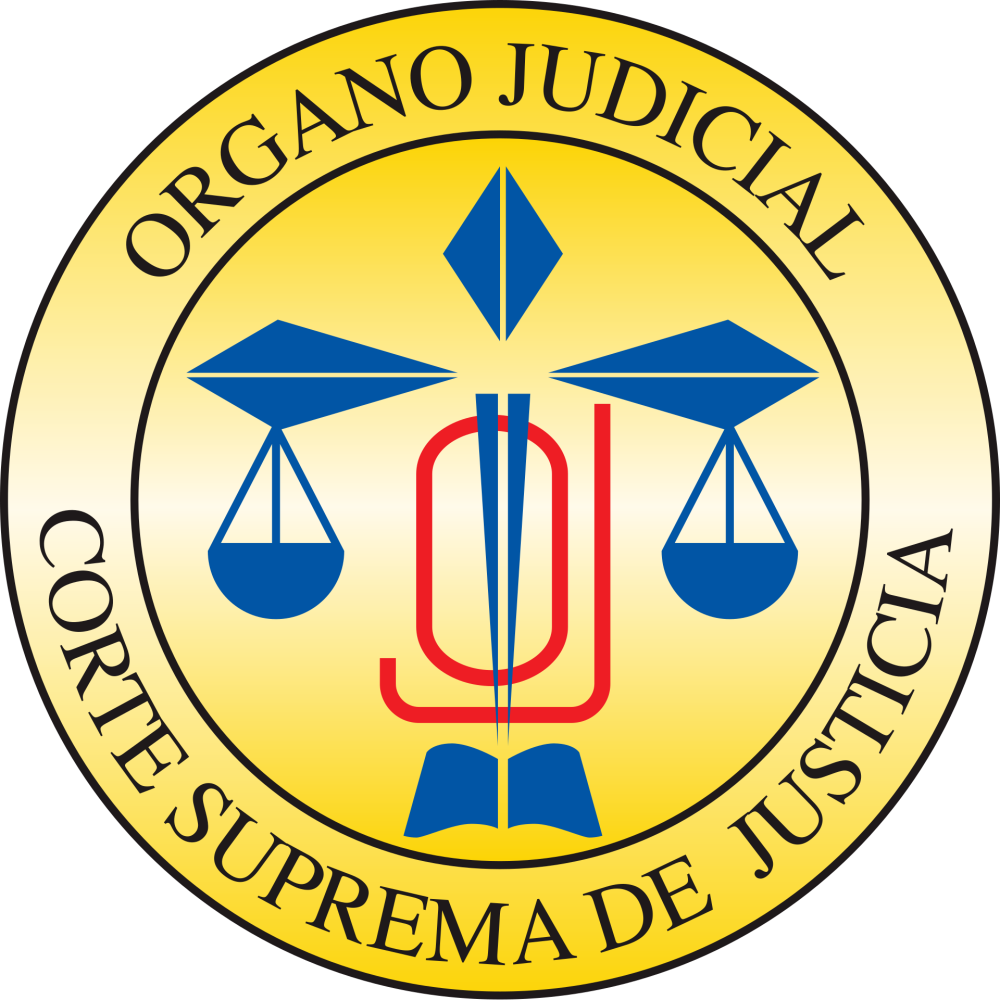
San Salvador — The story of El Espino and the Dueñas family is a significant chapter in El Salvador’s history, reflecting the tensions between agrarian reform, environmental preservation, and economic development.
Background of El Espino and the Dueñas Family
The Finca El Espino, a large coffee plantation near San Salvador, was historically owned by the wealthy Dueñas family, whose influence dates back to the 19th century when Francisco Dueñas served as president of El Salvador.
In 1980, during President José Napoleón Duarte‘s administration, the government expropriated El Espino as part of agrarian reforms aimed at redistributing land to peasant workers. The land was handed over to a cooperative formed by farmworkers.

Legal Reversal and Return to the Dueñas Family
In 1987, El Salvador’s Supreme Court ruled in favor of the Dueñas family, overturning the expropriation and returning ownership of El Espino to them. This decision sparked a prolonged legal battle and significant social conflict.
The cooperative resisted the ruling, citing their vision for improving their community and opposing what they saw as a return to oligarchic control over land.

Post-Civil War Developments
After the Salvadoran Civil War ended in 1992, President Alfredo Cristiani’s administration purchased 83% of El Espino from the Dueñas family and allocated it back to the cooperative.
However, portions of the land were sold off over time for urban development.
Despite legal protections designating much of El Espino as a natural reserve, loopholes have allowed private developers to acquire parts of the land.
This has led to deforestation and urbanization projects, including shopping centers and residential developments.
Environmental Significance
El Espino is often referred to as “San Salvador’s last lung” due to its role as a major carbon sink and aquifer recharge zone. It provides critical water resources for the region and supports biodiversity.
Efforts to preserve parts of the area have resulted in the creation of parks like Parque Bicentenario and Ecoparque El Espino. However, ongoing development pressures continue to threaten this fragile ecosystem.
The story of El Espino encapsulates broader struggles in El Salvador over land rights, environmental conservation, and social justice.